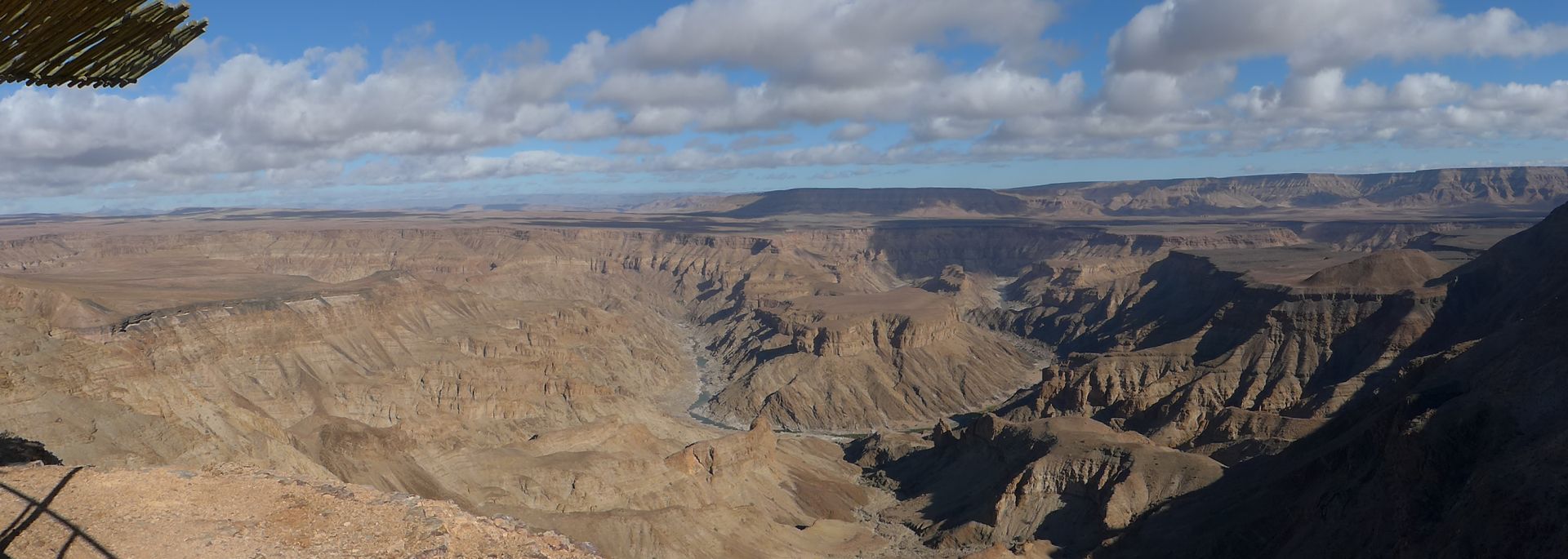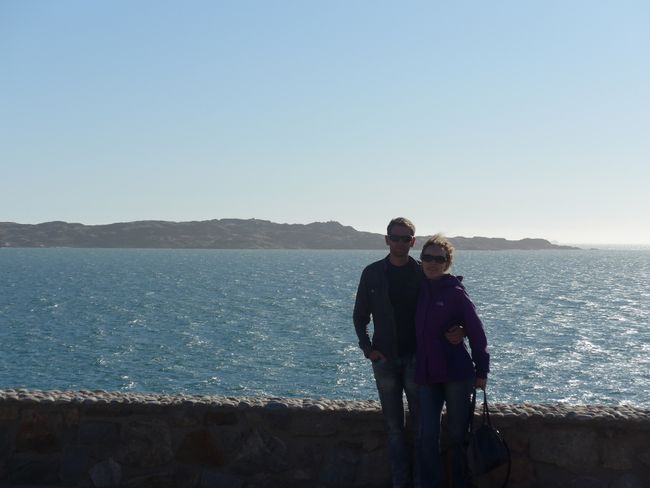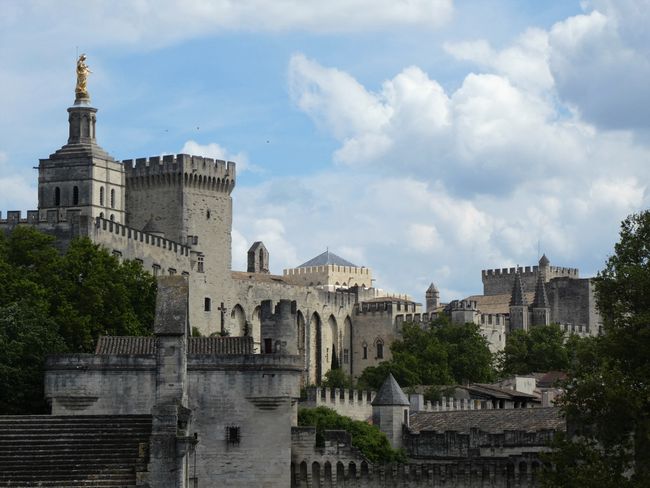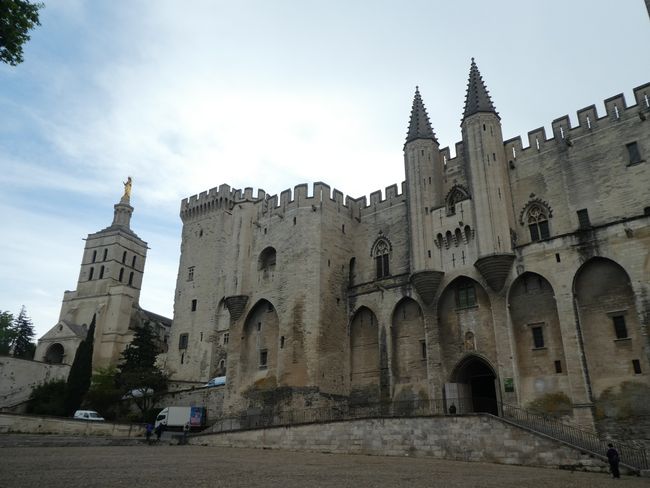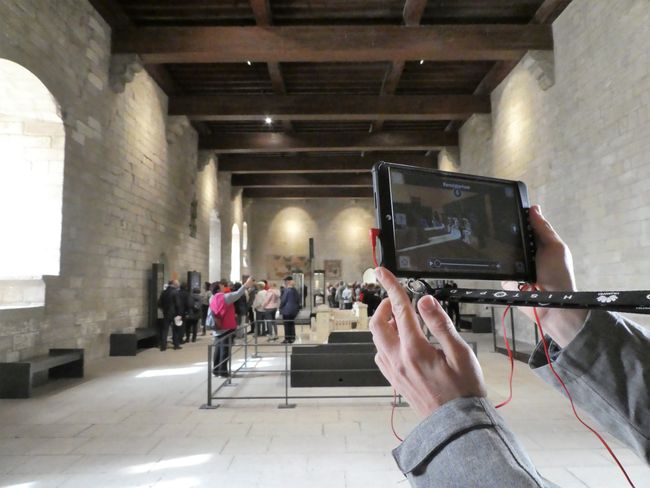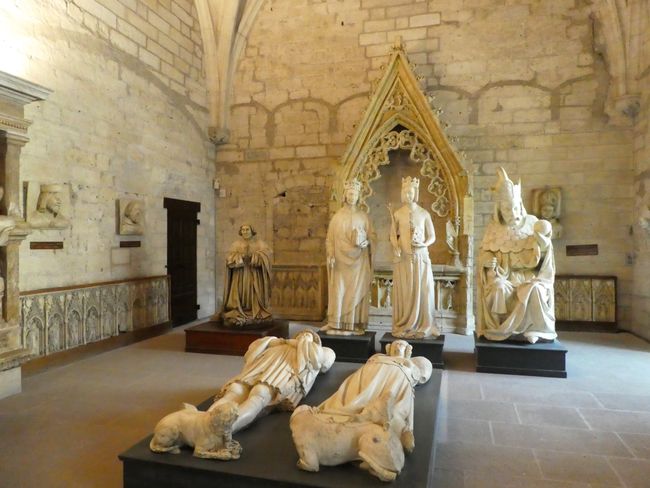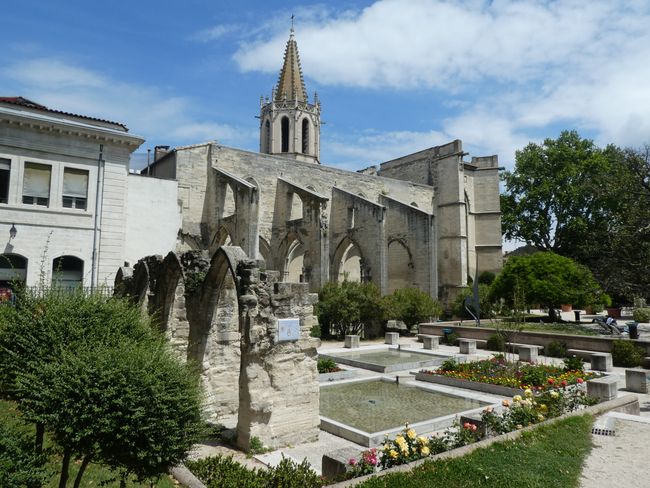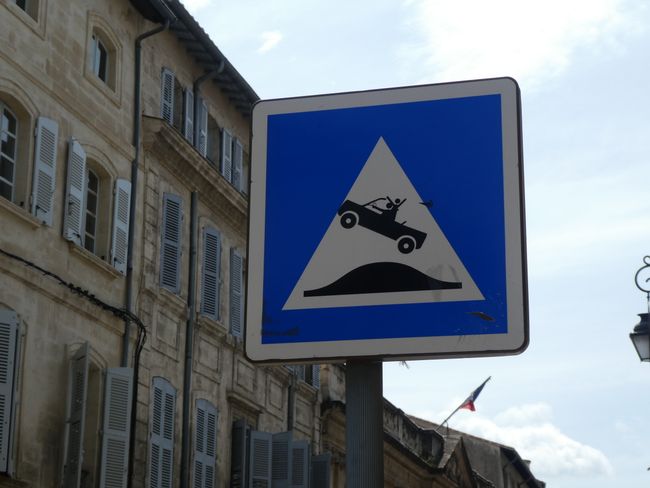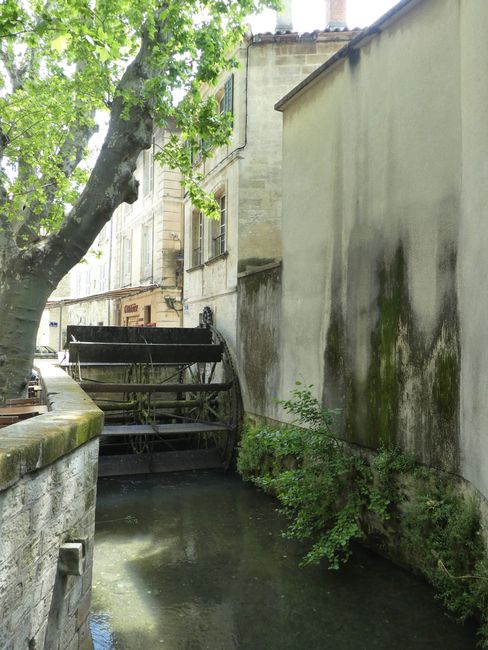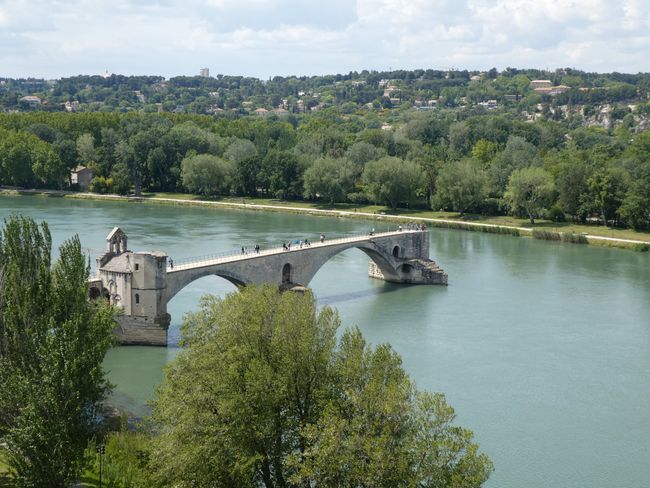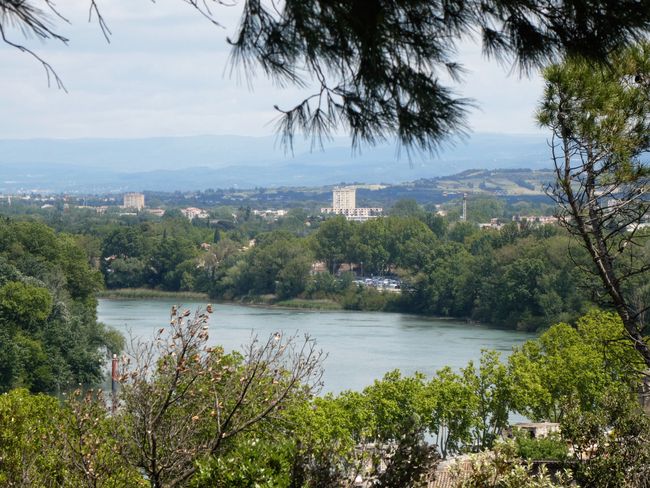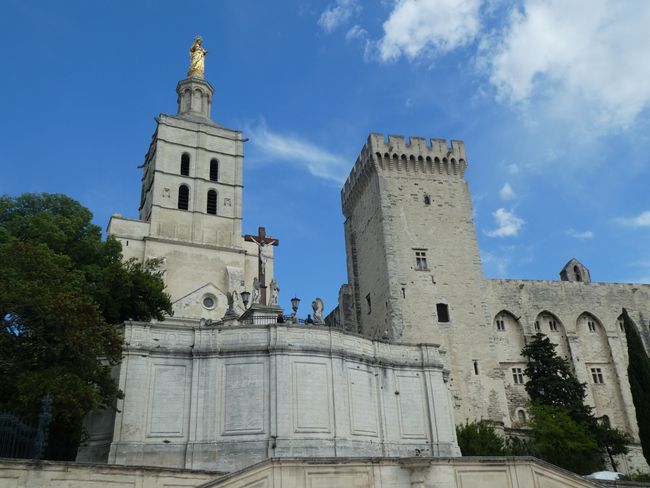Avignon (France Part 13)
प्रकाशित: 20.05.2019
समाचार पत्रिका के लिए सदस्यता लें
Avignon was the seat of the popes from 1309-1417, so we first visited the former papal palace.

During our tour, we had a tablet that brought the now rather dull furnishings back to the splendor of earlier times in some rooms: when looking at the room with the tablet, we could see the furnishings as they might have looked in the 14th century.
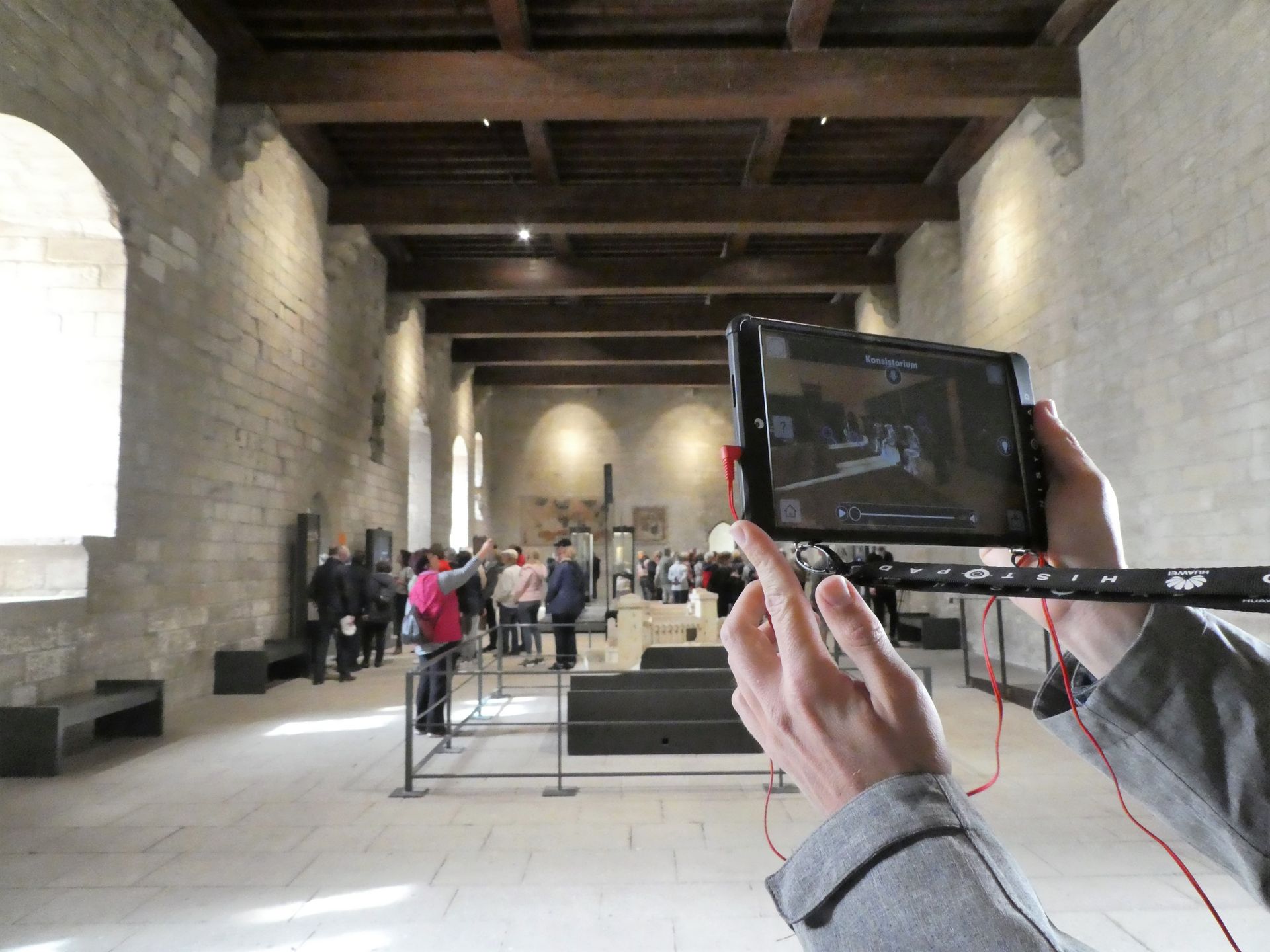
So we no longer saw any of the other visitors. In addition to those walking around with their tablets, which looked funny from the outside, there were also larger groups of cruise ship tourists being guided through the palace.

Afterwards, we walked around the old town, which is surrounded by a 4.3 km long city wall. We passed by some beautiful corners, but overall we had the impression that the most interesting area was around the papal palace.
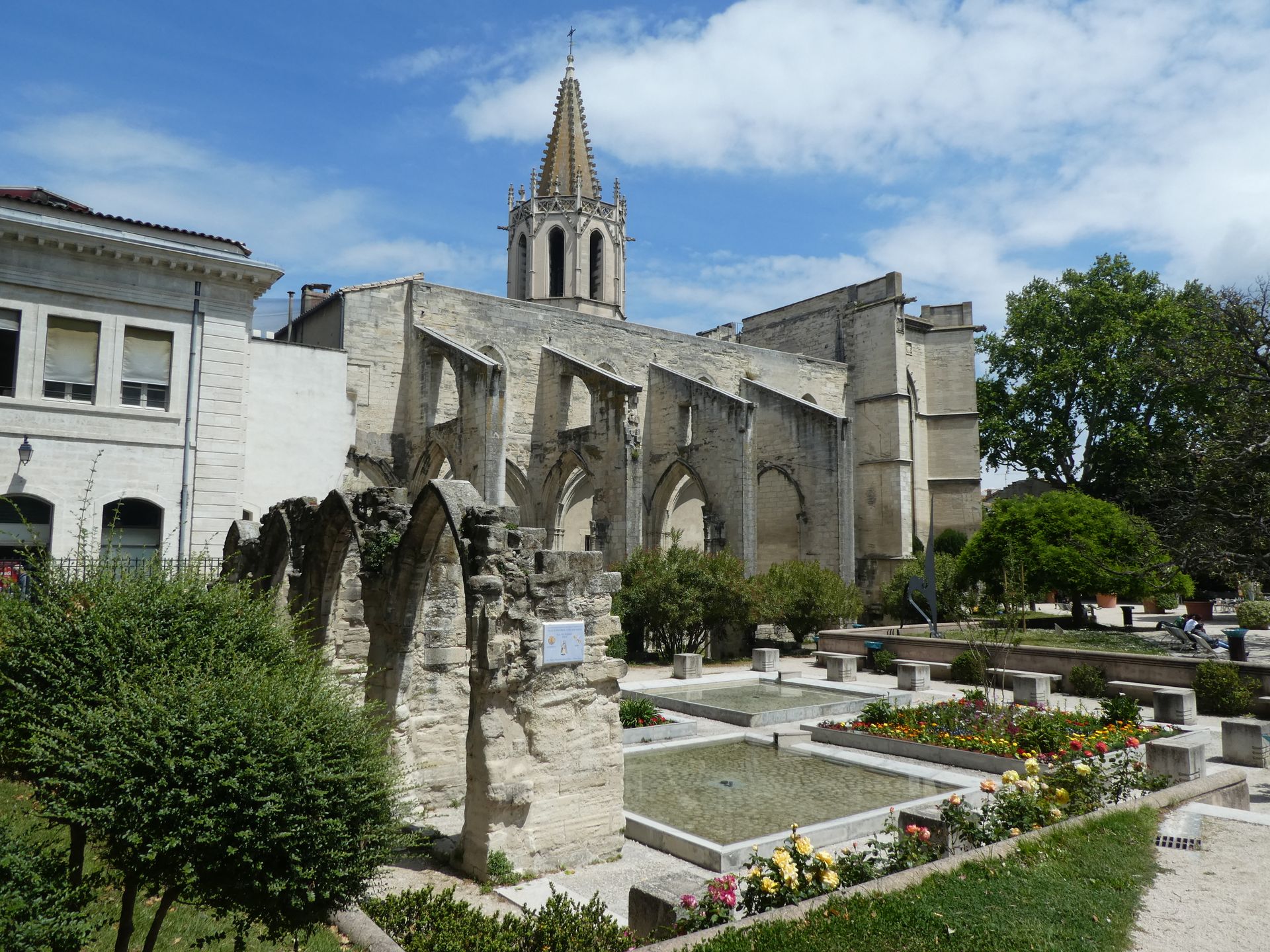
In Rue des Teinturiers, we were able to see one of the water wheels that used to belong to one of the local dye works, which gave this street its name.

Some streets are pedestrian zones, but some also allow car traffic. The driving is not always very considerate, considering that the streets are narrow and the sidewalks are narrow or non-existent. That's why there are occasional traffic calming measures, which are quite high in France (because otherwise nobody would pay attention). In Avignon, we saw a funny warning sign for this:

After our walk through the city, we started the ascent to the "Rocher des Domes", from where we could overlook the city and the Rhône.
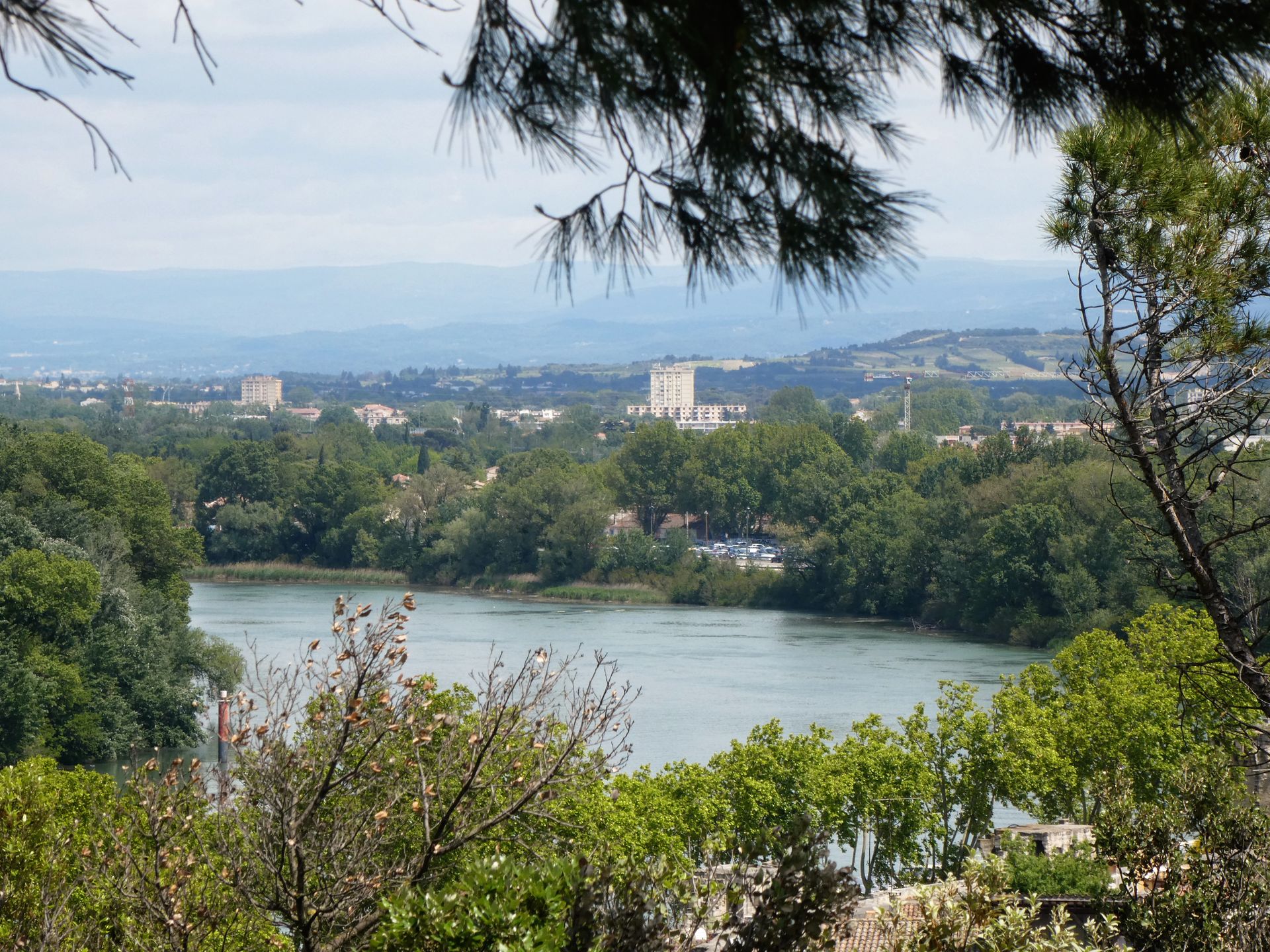
We could also see the famous Pont d'Avignon, which is actually called Pont St. Bénézet. It is named after the saint who is said to have miraculously laid its foundation stone and who is still honored with a chapel on one of the bridge piers today.

Next, we went to the bridge. Instead of the former toll, there is now an entry fee, although you can no longer reach the other bank of the Rhône because only four of the originally over 20 bridge piers are still standing.

From the bridge, you have a beautiful view of Avignon with its city wall and papal palace. The gilded statue of Mary on the Notre-Dame-des-Doms, the Romanesque cathedral next to the papal palace, stands out.

After visiting this church, we strolled through the pedestrian zone and Rue de la République, one of the main shopping streets.
समाचार पत्रिका के लिए सदस्यता लें
उत्तर
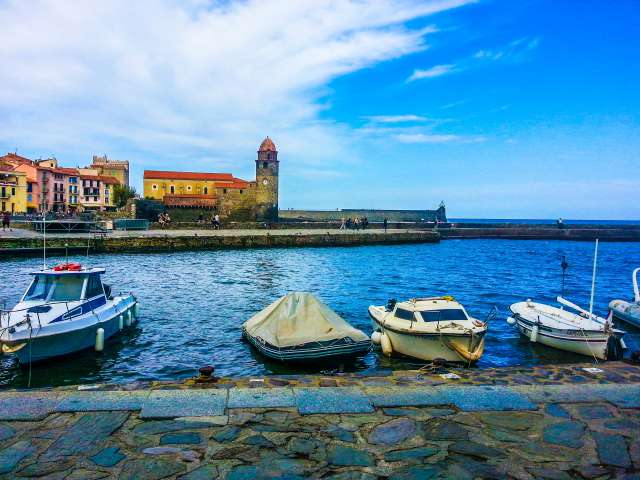
यात्रा रिपोर्ट फ्रांस
